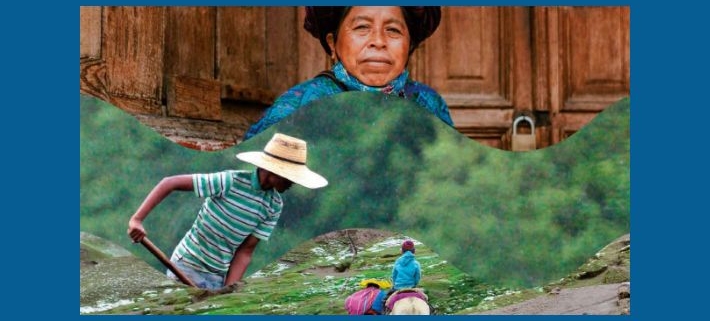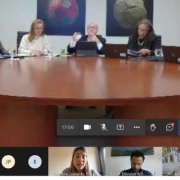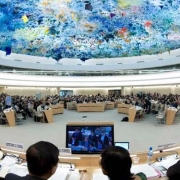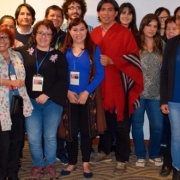Projects financed by the IDB during the pandemic in Latin America: risks and benefits for whom?
On June 16, we participated in the WEBINAR in which the document was presented: “Investments of the Inter-American Development Bank for the response and recovery to COVID-19 in Latin America. Risks and benefits for whom?”, created in collaboration with more than 10 civil society organizations, including Fundeps.
“Below, we offer a google translate version of the original article in Spanish. This translation may not be accurate but serves as a general presentation of the article. For more accurate information, please switch to the Spanish version of the website. In addition, feel free to directly contact in English the person mentioned at the bottom of this article with regards to this topic”.
It is widely known that the Multilateral Development Banks have a fundamental role in the response and recovery to COVID – 19, this is due to their ability to rapidly mobilize financing to support and help countries respond to the impacts it has generated. this unforeseen situation. Within Latin America, the Inter-American Development Bank (IDB) plays a key role in this regard, since, in 2020, it approved 7.9 billion dollars and, as of June 2021, it had approved 597.6 billion dollars.
There is a tendency on the part of the Multilateral Development Banks to consider projects related to health issues, as having a lower risk of environmental and social damage, so the application of safeguards to these projects tends to be less rigorous. Added to this is the fact that many of the projects were approved with a rapid disbursement or fast track modality, that is, with shorter preparation times and environmental and social due diligence.
However, the findings of the presented report show that the implementation of this type of health projects and others in the context of the pandemic, have a significant risk of harm, especially when the groups most susceptible to contracting COVID-19 are excluded. of access to the benefits of the project. The context of crisis is worrying due to the tendency of the Multilateral Development Banks to make environmental and social parameters more flexible in pursuit of rapid responses.
The document presents six recommendations resulting from the analysis of the post-pandemic Latin American situation. They emphasize the importance of taking into account marginalized groups, such as those most likely to be affected and relegated in a crisis situation, and highlight the need for transparency and risk assessment to prevent extraordinary measures that restrict space from being perpetuated. public.
Within this framework, the webinar aimed to generate a space for discussion on the main findings in relation to the social and environmental due diligence processes of IDB investments, approved during the COVID-19 pandemic.
At Fundeps we promote the application of socio-environmental regulatory frameworks, accountability mechanisms and access to information in projects linked to financing for development, even (and even more so) when they occur in an extraordinary context of pandemic.
More Information
- Shortcomings in the Access to Information Policy of the Inter-American Development Bank – Fundeps, FARN and Cauce (2022)
Authors
- Lourdes Alvarez Romagnoli
- Valentina Rasso
Contact
Gonzalo Roza – gon.roza@fundeps.org







